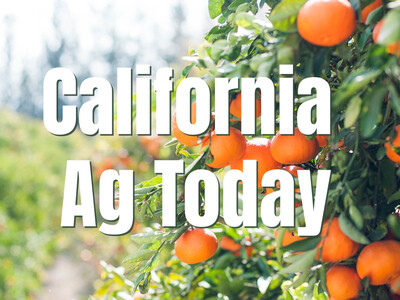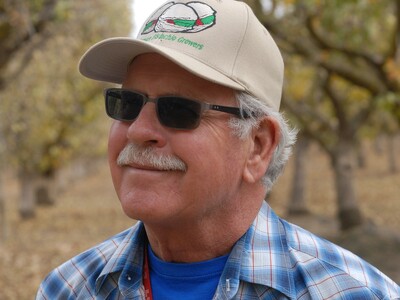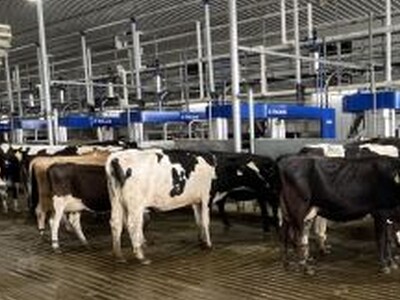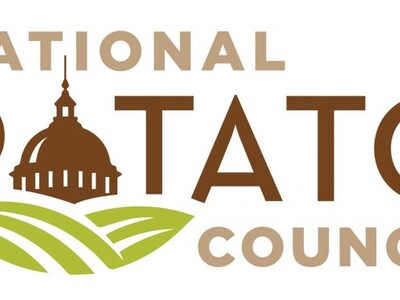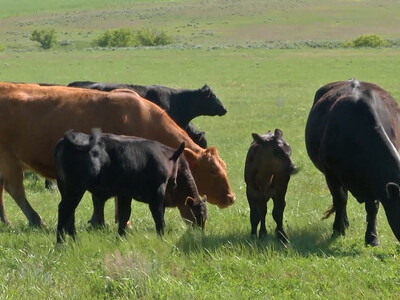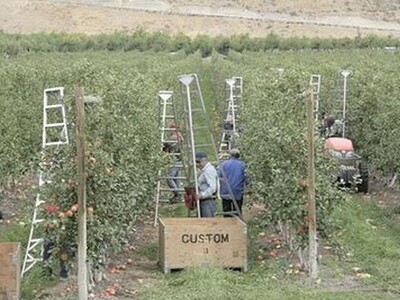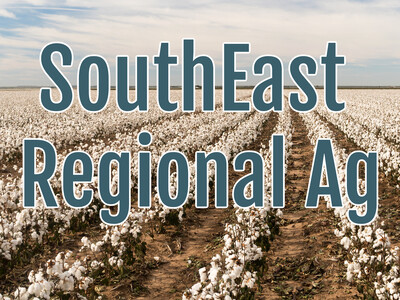IFBF and Legislators
Gov. Brad Little and several Idaho legislators spoke to IFBF members about a variety of issues important to the state's agricultural community. Several leaders of the state's agricultural industry attended the event, which included breakout commodity forums where issues affecting several of the state's main farm and livestock commodities were discussed. Members of Idaho's congressional delegation addressed IFBF members during a conference call and provided updates on national issues that could impact agriculture.
IFBF President Bryan Searle, a Shelley farmer points out the benefits of being part of such a strong collective voice that can communicate with Idaho legislative policy makers: "At the farm bureau you have a voice and for $40, you have a voice to be heard and to be put into policy, the development process and you have opportunities to be educated as you talk to your legislators. Why would you not want to be part of such an organization?"
Members of Idaho's congressional delegation addressed IFBF members during a conference call and provided updates on national issues that could impact agriculture. "The conference allows Farm Bureau members to have honest discussions with lawmakers about issues that affect agriculture while the legislative session is in full swing," said IFBF President Bryan Searle, a Shelley farmer. During a strolling buffet dinner Feb. 12, Farm Bureau members were able to sit down with their elected officials and have up-close conversations about various issues. Searle said the opportunities to dialogue with lawmakers allow Farm Bureau's grassroots members, who developed IFBF's policies, to educate legislators about those policies and promote and defend them.
"Legislators and Farm Bureau don't always agree on every issue but it helps keep the state's agricultural industry healthy when we can sit down with them and have a direct dialogue," he said. "Building good working relationships with all of our elected officials is critical in promoting and defending our policy."
Little, a rancher from Emmett, told IFBF members that the first two executive orders he signed, on Jan. 31, are aimed at reducing regulatory burdens on businesses. That includes the Red Tape Reduction Act, which requires state agencies to repeal two existing rules for everyone rule they propose. The governor also signed the Licensing Freedom Act of 2019, which includes recommendations to improve, modify or eliminate licensing requirements or other regulatory burdens.
Little said the orders are meant to embed into the consciousness of state agencies "that rules on top of rules on top of rules are a barrier, particularly to small businesses," a comment that drew applause from Farm Bureau members.
The governor said he would work with IFBF and legislators to find ways to improve the transportation infrastructure that farmers, ranchers, and other Idaho businesses rely on to move their products to markets in an efficient and timely manner. "We're going to work on that going forward," he said.
Following Little's presentation, Searle said, "We appreciate our relationship with Governor Little and we look forward to working with him to make agriculture better and stronger." During separate presentations to Farm Bureau members, several lawmakers also thanked the group's members for working with them to address important issues.
"I want to thank Farm Bureau for all the work they've done over the years to keep Idaho and America safe for agriculture and entrepreneurs," said Sen. Steve Vick, R-Dalton Gardens, the assistant majority leader in the Senate.
Rep. Marc Gibbs, a Republican farmer from Grace, said it's more important than ever for the state's farming and ranching industry to speak with a unified voice.
As Idaho continues to grow rapidly, the number of people and lawmakers involved in agriculture are shrinking in relation to the total population, he said.
"It's vitally important that those of us in agriculture speak with one voice," he said. During the conference, Searle credited Farm Bureau members for the success Idaho Farm Bureau and American Farm Bureau have had over the years. "American Farm Bureau just celebrated it's 100thyear and Idaho Farm Bureau is celebrating its 79thyear," he said. "The organizations have survived because of the grassroots."
Searle said the commodity forums held during the event provide an opportunity for people appointed to IFBF's commodity committees to meet and discuss their concerns with other members. "This input coming from grassroots provides the opportunities to make sure we are promoting our policy and also create any needed new policies," he said.






